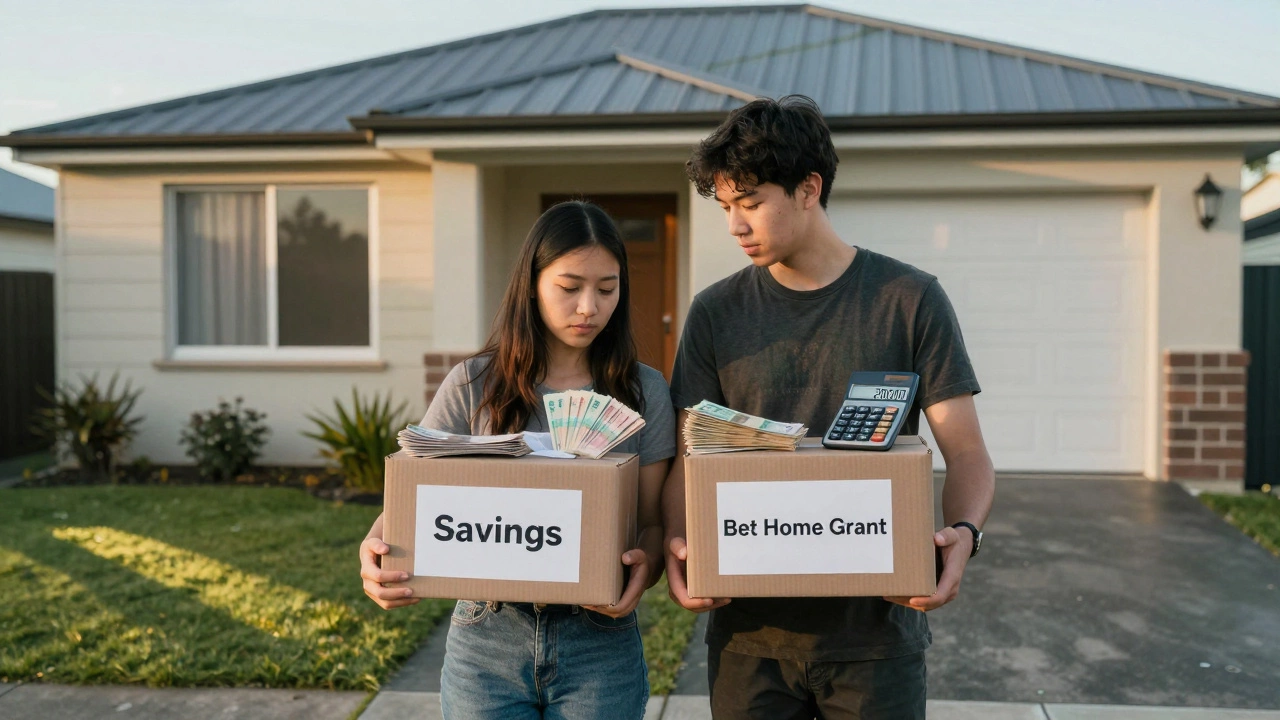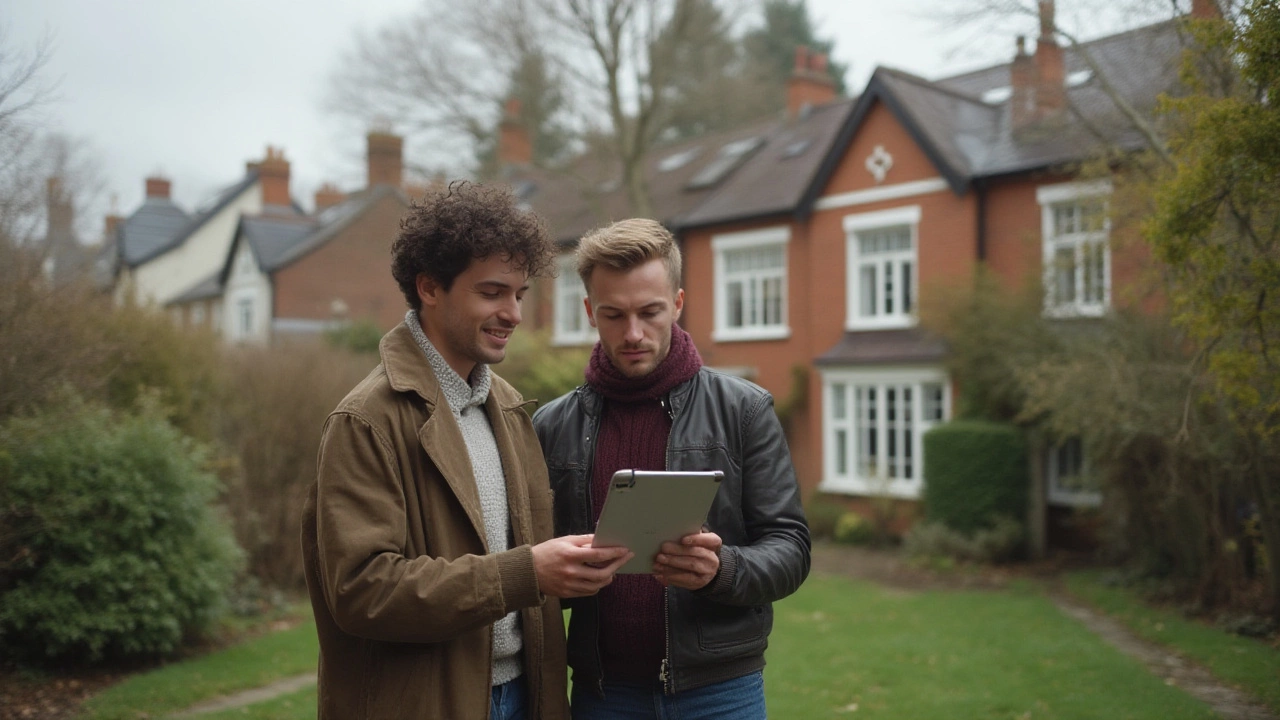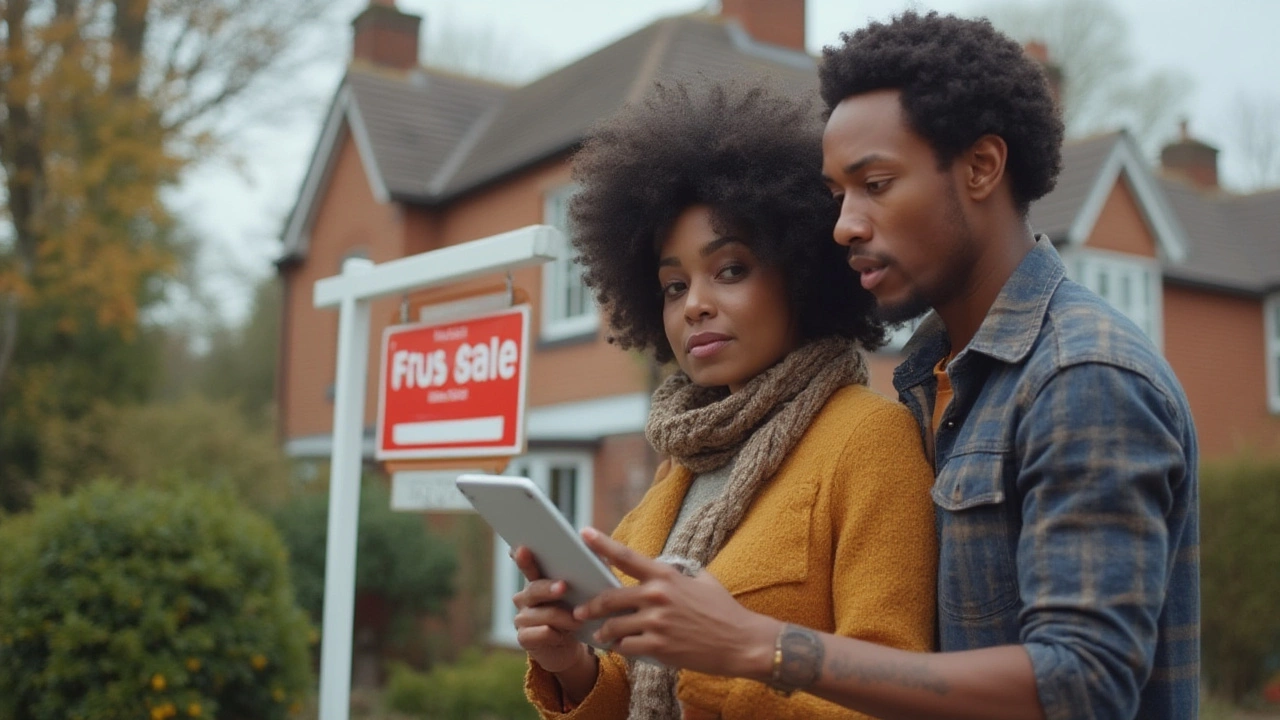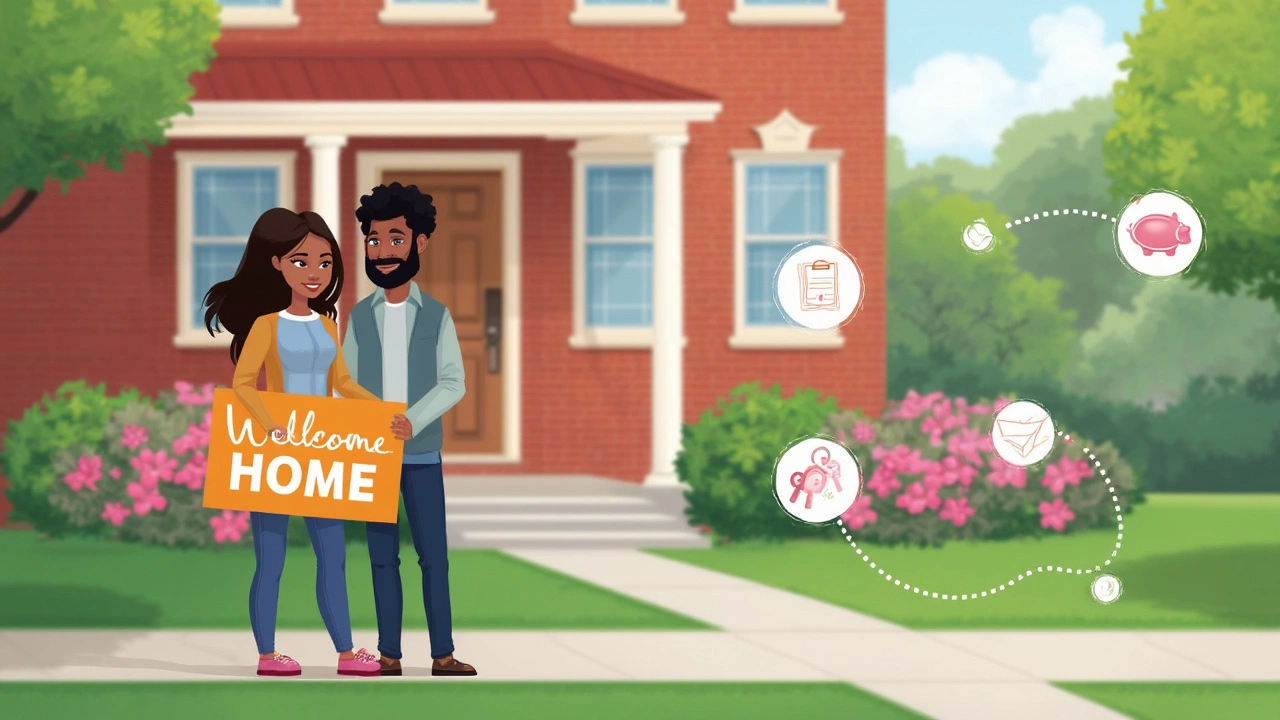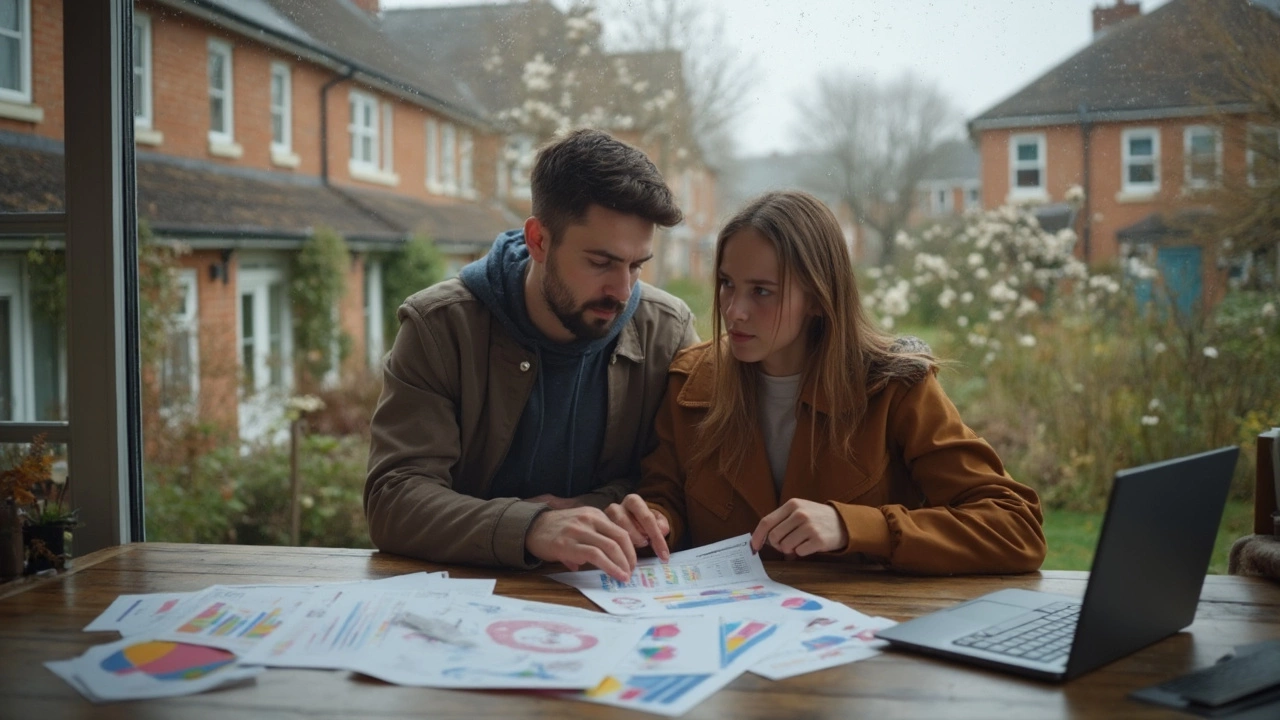First‑Time Buyer Essentials: What You Need to Know Before You Move In
Buying your first home feels like a huge leap, but it doesn’t have to be overwhelming. The trick is to break the process into bite‑size steps and focus on what really matters: how much you can afford, how to get the right financing, and which pitfalls to avoid.
How Much House Can You Afford?
Start with your annual income and work out a realistic price range. A common rule is that your mortgage payment shouldn’t exceed 30% of your gross earnings. If you earn £36,000 a year, that means about £900 a month for housing costs. Use an affordability calculator to factor in interest rates (6‑8% is typical in 2025), existing debts, and the size of your down payment.
Remember the DTI (debt‑to‑income) ratio – lenders look for a ratio below 43% before they approve you. If you have a car loan or student debt, subtract those payments from your monthly income before applying the 30% rule. This way you get a clear picture of the maximum loan amount you can realistically handle.
Smart Steps to Secure Your First Home
1. Boost Your Credit Score – Most mortgages require a score of at least 620, but aiming for 700+ gives you better rates. Pay down credit cards, avoid new debt, and correct any errors on your credit report.
2. Save for a Down Payment – While 20% is ideal, many first‑time buyer programmes accept as little as 5% if you qualify for government assistance. Look into local grants like the Virginia Down Payment Assistance or the NC Down Payment Grant – they can shave thousands off the amount you need to scrape together.
3. Choose the Right Estate Agent – Not all agents are created equal. Ask for references, check online reviews, and prepare a checklist of questions about fees, local market knowledge, and how they’ll market the property. A good agent can save you time and money.
4. Consider Shared Ownership – If full ownership feels out of reach, buying a slice of a property (often 25‑75%) lets you get on the ladder with a smaller deposit. Just be aware of the extra service charges and the rules around selling your share later.
5. Watch Out for Hidden Costs – Closing fees, stamp duty, survey costs, and moving expenses add up fast. Build a buffer of at least 5% of the purchase price to cover these surprises.
6. Get Pre‑Approved – A pre‑approval letter shows sellers you’re serious and gives you a solid budget. It’s quicker than a full application and often doesn’t affect your credit score.
7. Stay Flexible – Your dream home might need a tweak on location or size. Keep an open mind about neighborhoods, commute times, and property types. The right house is the one that meets your budget and long‑term goals, not just the one with the best photos.
By following these steps and using the guides on this site – from “How Much House Can I Afford on $36,000 a Year?” to “Best Bank for First‑Time Home Buyer Programs in 2025” – you’ll move from “maybe someday” to “I’ve just got the keys.” Ready to start? Grab a notebook, run the numbers, and take the first step toward owning your own place.
